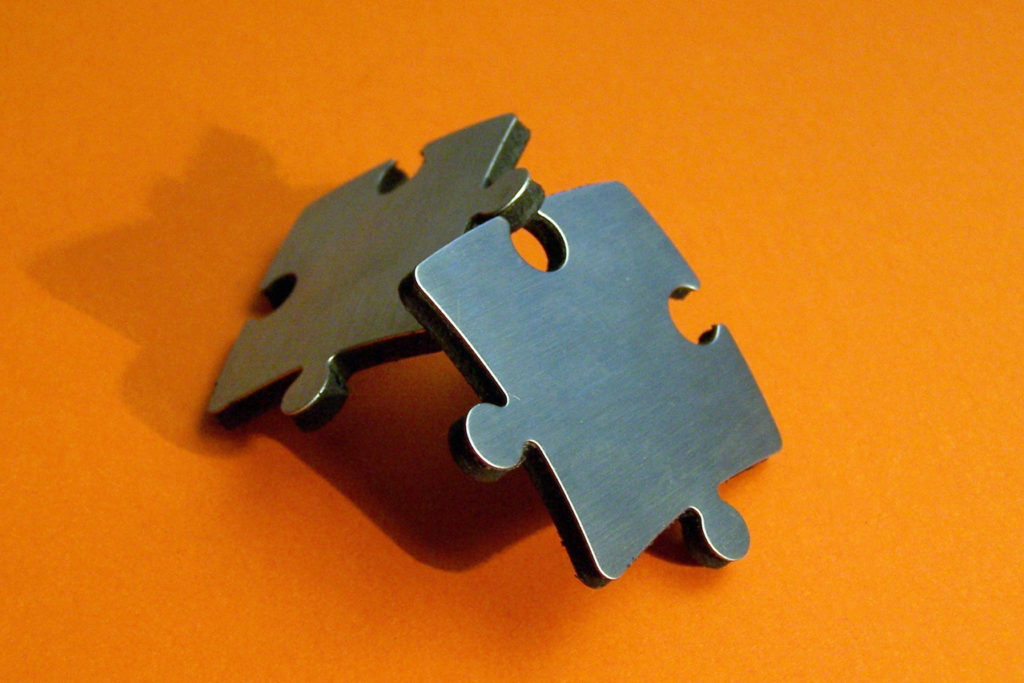As business leaders, we have many tools at our disposal to produce the results our organizations need to win. As the world moves at an ever faster pace and the demands placed on today’s leaders increase, I’m convinced the most important tool is developing an elite brain.
By elite brain, I don’t necessarily mean being smarter than the competition or having advanced degrees or multiple fancy acronyms after our names. Instead, leaders with elite brains are those who understand how the human brain works – for us and against us. More important, they take deliberate steps to adapt their brains to thrive in today’s world of rapid change, information overload, and constant interruptions.
Elite leaders are those who get good at rewiring their brains to defuse the daily distractions that take our focus off winning. They also teach these skills to others in their organizations. When you get an entire organization of people trained to focus their brains on winning, it can accomplish amazing things!
The Power of Neuroplasticity
Winning in today’s business world requires flexible organizations that can respond quickly and appropriately to sudden shifts in their markets. Yet, the human brain did not evolve to operate in a world defined by constant change and uncertainty.
That’s why our brains seek certainty. They prefer to hold on to what has worked in the past and stay with what they know. Our brains are so wired to stick with what they know that we often actively ignore information that contradicts our deeply held assumptions and beliefs. This does not serve us well when markets and entire industries can get disrupted overnight.
Fortunately, the brain has one remarkable capacity that allows us to adapt to the hectic world we live in. It’s called neuroplasticity – the brain’s ability to change and adapt as a result of experience. Our brains can physically reorganize pathways and create new connections between neurons. In some cases, they can even create new neurons.
According to scientists, there are two types of brain neuroplasticity. Functional plasticity moves functions from a damaged area of the brain to a healthy area. Structural plasticity actually changes the brain’s physical structure as a result of learning. It is this second skill that holds the key to developing an elite mind.
Take Time to Build New Pathways
How does the brain physically change itself? Thinking! Whether it’s a positive or negative change depends on what we focus our thoughts on.
The human brain works by sending chemical messages from one synapse to another. This process builds a bridge between the two synapses so electric signals carrying information can travel from one synapse to the other. Every time this electrical charge gets triggered, the synapses grow closer together, creating a pathway that makes it more likely the thought will get triggered.
This ability to create new pathways in our brains is the key to effective leadership. It takes dedication and focus to develop new thinking habits. It can be done as long as we apply the critical ingredients of time and intention.
As leaders, our job is to get and stay focused on winning, and help others do the same. When we let interruptions control how we spend our time, we build neural pathways that don’t support winning. When we focus our thoughts on the goals and strategies that lead to winning, there are few limits on what we can achieve. This requires building time into each day to keep us focused on the tasks at hand.
- Once a month focus. At the beginning of each month, carve out 15 minutes of uninterrupted time to create a list of what success looks like to you in the next 30 days. Keep the list where you can see it every day. Glancing at it for as little as 15 seconds a day will build the pathways in your brain that keep you focused on the tasks you have defined as an imperative to success.
- Once a day focus. In the morning, take three minutes first thing to think about your day. Ask yourself, “Of what I plan to do today, what will get me/the organization/my team closer to my definition of winning?” Then organize your day around those tasks and activities that move you closer to your goals. Eliminate those that clutter your time and attention by delegating and/or dumping.
- Throughout the day focus. No matter how well you focus in the morning, once the onslaught of daily interruptions begins it can be a challenge to stay on track. Learn how to create “alone time” at certain times of the day when people are not allowed to interrupt you.
Developing these habits requires thinking differently. Thinking differently will create new pathways in your brain that lead to increased focus and winning results.









